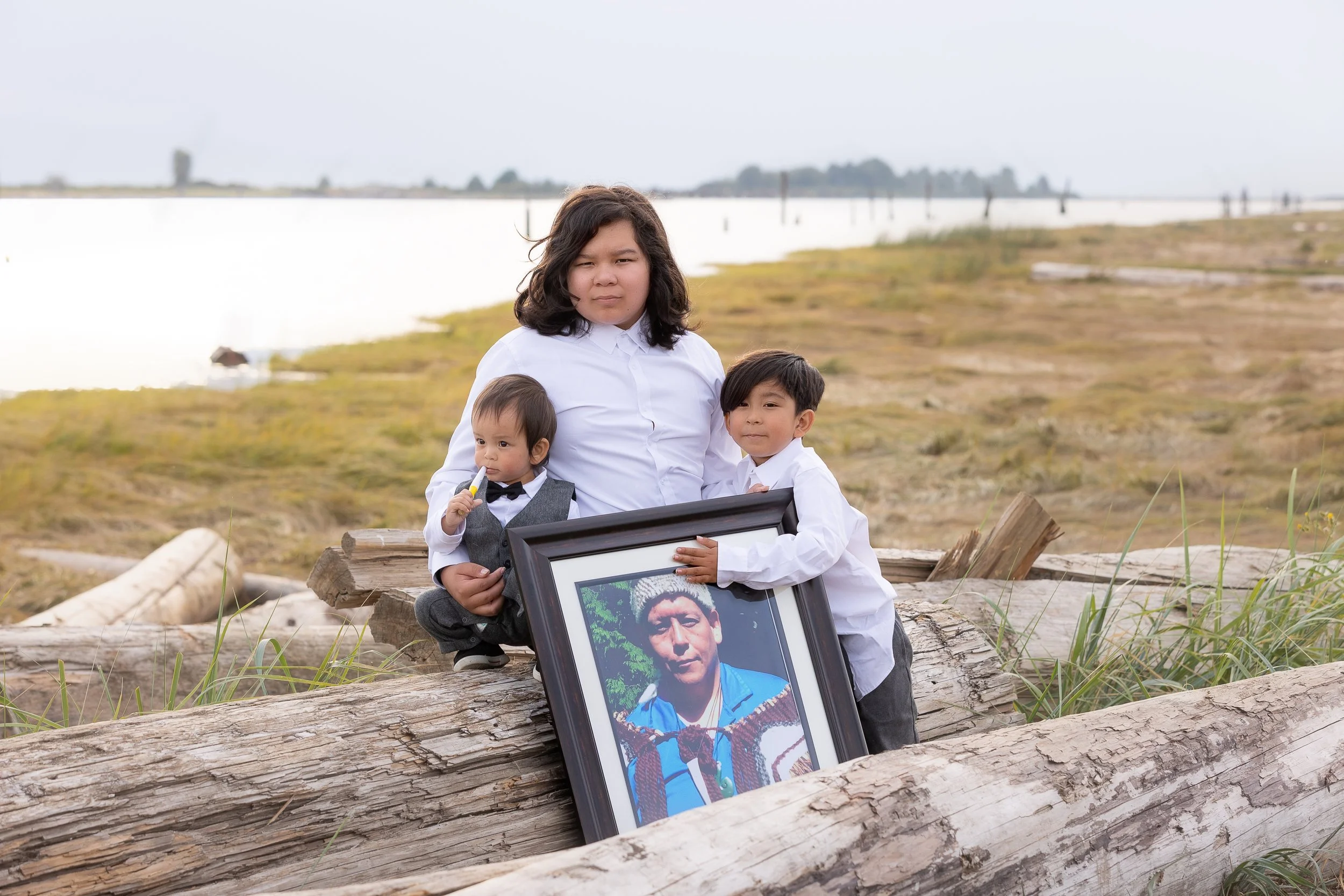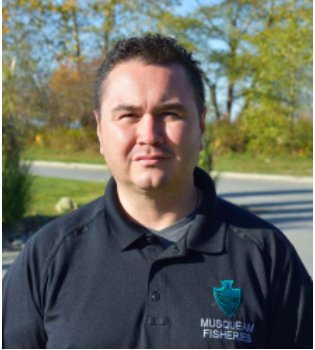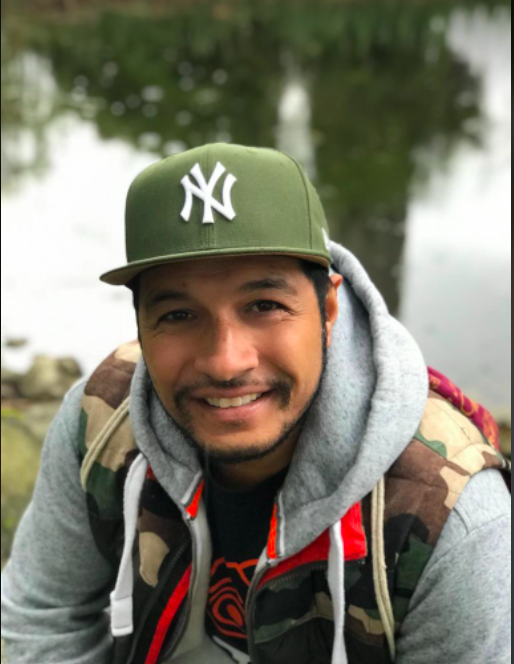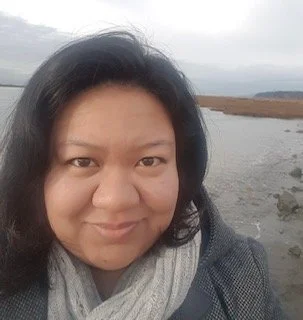Our sniw̓ to snəw̓eyəɫ Approach
Each person in our team has a similar vision of what we want seven generations from now. A land where Indigenous and non-Indigenous people collaborate together to help heal the past and create the present as equals. An inclusive space that honours the traditional teachings and perspectives of the land because listening to understand is valued. Our approach is to listen with an open heart and mind so we can respect and nurture our sniw̓ then one day, when we share our snəw̓eyəɫ it is received with an open heart and open mind.
xʷməθkʷəy̓əm (Musqueam) and Māori cultural teachings.
Tailored workshops on topics such as: Musqueam 101, the land we stand on; sitting with privilege; decolonizing starts within us; reconciliation and collective healing; decolonizing food systems; Indigenous food systems
Indigenous tourism
Indigenous perspectives on land and real estate development
Indigenous education, pedagogy and curriculum development
Ethnobotany
Expertise in
A teaching of sniw̓
“How it was told to me… sniw̓ are the teachings given from birth onwards. The sniw̓ wraps around your soul and is a part of you, held close. Then one day, you may feel ready to share your sniw̓ into snəw̓eyəɫ and to do that you must break a piece of your sniw̓. It will hurt and it should because giving a deep teaching is no easy thing. You need to weigh the cost of letting a teaching go and whether the person receiving the snəw̓eyəɫ understands what the loss will mean to you.”
-Terry Point
Terry Point: Co-founder In Loving memory
Terry was a driving force for this consulting business. As a member of the Musqueam Nation, he had a deep passion for sharing certain teachings to build positive bridges between Indigenous and non-Indigenous people. It showed in the work Terry did with the David Suzuki Foundation, the Museum of Anthropology, and School Districts in the Lower Mainland. Terry’s dream was to create a better, more welcoming future for his children, family and community. With a strong rooted love for the land he would ask, “how can you love the land if your feet never touch the ground?”
Morgan Guerin: Co-founder & Protocols Manager
Morgan Guerin, secəlenəχʷ, is a proud member of the Musqueam first nation. He works for his nation as the Senior Marine Planning Specialist and Marine Enforcement Coordinator. In the past he has served as an Aboriginal Fisheries Officer for 22 years and also as an three term elected Councillor for the Musqueam Indian Band. Morgan also serves as a cultural ambassador for his nation and people, be it through protocol works or working as a consulting curator at many major museums and exhibits. Morgan was born on Musqueam territory and raised by his parents and grandparents on the Musqueam reserve. From a young age, he learned to hunt, fish, and recognize the importance of his land.
Shaloh Mitchell: Co-founder & General Manager
Tena koutou katoa, Ko Ngongotaha tōku maunga. Ko Utuhina tōku awa Ko Atua Matua tōku Waka Ko Te Arawa toku Iwi Ko Ngati Whakaue tōku hapu Ko Te Papaiouru tōku Marae Ko TeKiriwhero rāua ko Ike āku matua Ko TeRongoa Arikinui Tuawaru Mitere ahau. Greetings to you all. Ngongotaha is my mountain. Utuhina is my river. Atua Matua is my canoe. Te Arawa is my tribe. Ngati Whakaue is my sub-tribe. Te Papaiouru is my Marae. TeKiriwhero and Ike are my parents. Shaloh Kaiser Octavius Mitchell is my name. Kia Ora everyone. My name is Shaloh, and I’m indigenous Maori, from Aotearoa, New Zealand where my family have lived for 60 plus generations. I am an entrepreneur, cultural educator, historian and a proud father of two daughters. For over a decade I have been running an Indigenous tourism enterprise that has hosted thousands of patrons to experience a personal experience of Indigenous ways of knowing and life. My personal passion is in sports, particularly event hosting and product design. I am now residing in Vancouver, Canada, and cherish the close personal and cultural ties with friends and family of the host Nations. I also work with Indigenous Sports Life Canada (ILSA) to provide Indigenous youth with access to outdoor sports like snowboarding. Over the past five years I have been asked by local schools to share teachings on Polynesian culture, including preparing whole schools to learn and practice a haka. No reira ra, tena koutou, tena koutou, tena tatau katoa!
Enalyne Point: Co-founder & decolonizing pedagogist
I am a first generation Filipina-Canadian settler and have lived in the Musqueam Reserve for 20 years, with my late husband Terry Point, and our 3 children. Being an integrated member of the Musqueam Community is an honour that I am grateful for every day. I have created and led many Indigenous outreach initiatives for people in the community, from pregnant mothers-to-be to youth, both on and off Reserve. I also have a background in Archaeology, Culinary Arts, Early Childhood Education and I am a Birthing Doula.
As a Decolonizing Pedagogist, my passion is to journey with anyone willing to leave your preconceived notions at the door and talk in a safe circle towards truth and reconciliation.
Zarah MARTZ: Co-founder, Educational Leadership and Ethnobotany
Over the past twenty years, my home has been in the ancestral, traditional, and unceded territories of the Coast Salish peoples particularly the three host Nations, the xʷməθkʷəy̓əm (Musqueam), Səl̓ílwətaʔ/Selilwitulh (Tsleil-Waututh), and Sḵwx̱wú7mesh (Squamish). My lineage is German-Jewish and Indonesian Batak, Sunda and Javanese. My husband is Maori, and we cherish living in the three host Nations’ territory with our children.
For over two decades I have been a culturally responsive educator and environmental scientist. I have worked extensively in Indigenous contexts in community based participatory initiatives to increase education and health capacity. Currently, I am the Vice-Principal at Tsleil-Waututh Nation School, which is a JK-12 First Nations School. I am also an Adjunct Professor at UBC in the Faculty of Education contributing my experience in environmental education, specifically for incorporating Indigenous perspectives and outdoor experiential education. As a trained ethnobotanist I worked with the Nlaka’pamux Boston Bar First Nation on revitalizing traditional plant wisdom for greater health and education capacity, and am involved in projects on school gardening, native plant green roofs, and habitat restoration.
Teaching in diverse education settings, from primary to post-secondary, has given me the opportunity to gain valuable experiences and skills. My greatest joy in teaching is connecting with students and offering them an engaging and inspiring learning experience. My classes are hands-on and inquiry-based, nurturing intrinsic motivation and supporting student learning at their pace through a strength-based approach. Overall, my aim is to cultivate greater understanding on the interrelationship between people and nature in support of increased health and well-being.
Training and experience
- Education: Adjunct Professor (UBC Faculty of Education); Vice-Principal; teaching specialization in Indigenous pedagogies, senior biology, secondary sciences, senior social studies, outdoor experiential education (OEE), design, librarian and enrichment teacher; certified IB continuum teacher (PYP, MYP, DP).
- Community-based Participatory Action Research: development of culturally appropriate research ethics (CARE), establishing positive rapport, ethnographic research, interviewing, collaboration, facilitation, networking and public speaking.
- Indigenous engagement: community relations, consultation, health and education capacity building, traditional land-use studies, skills and knowledge translation.
- Ethnobotany: local Indigenous / traditional plant knowledge and use, traditional food systems, traditional ecological knowledge, food security, school and community food gardens, green roof design and maintenance, Indigenous plants, plant ID, habitat restoration, nutritional analysis and assessment, and bioactivity assays
- Biology: field / lab botany, vegetation surveys, herbarium collections, data analysis, terrestrial ecosystem mapping, bird surveys and environmental impact assessment.





